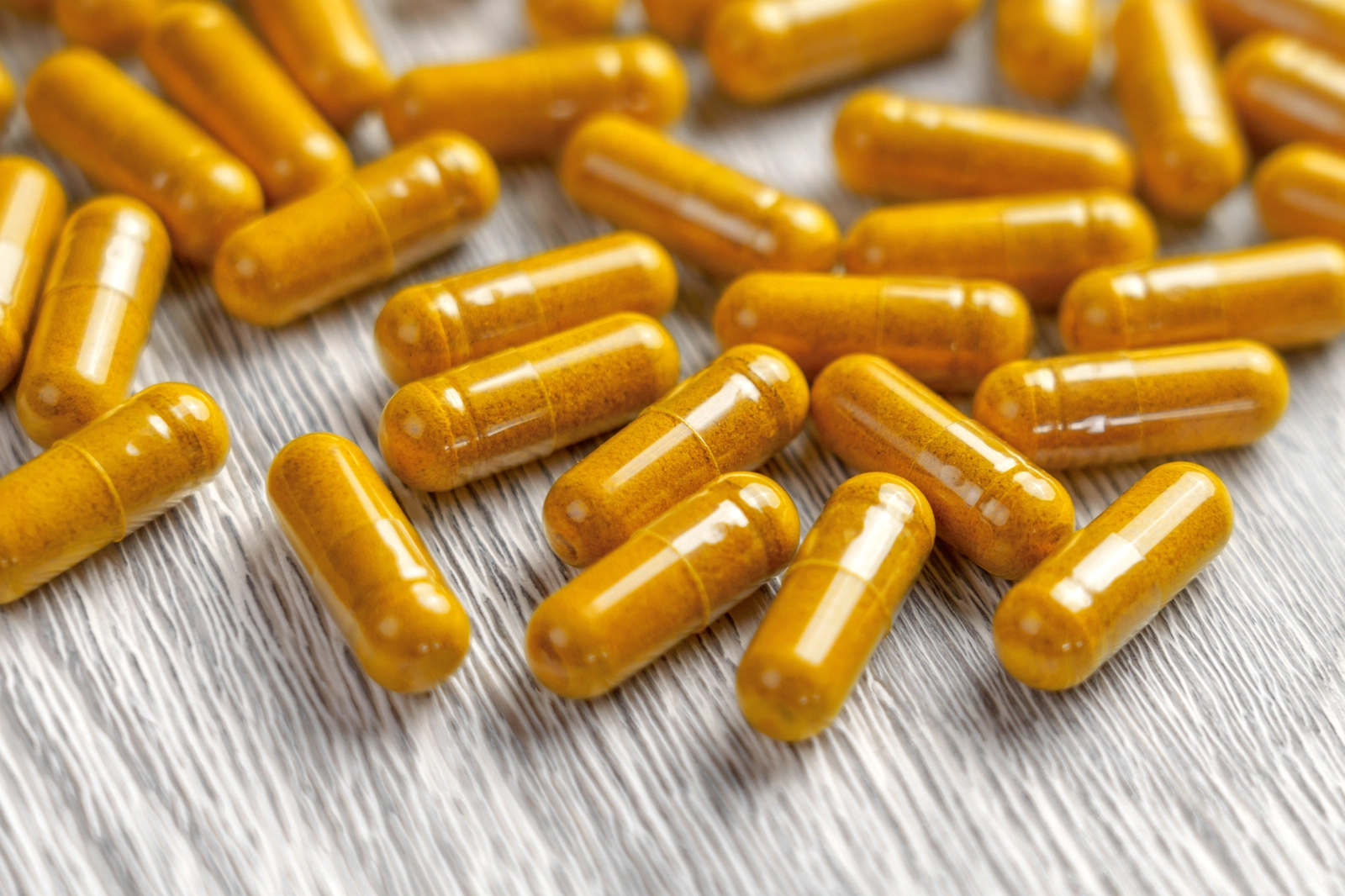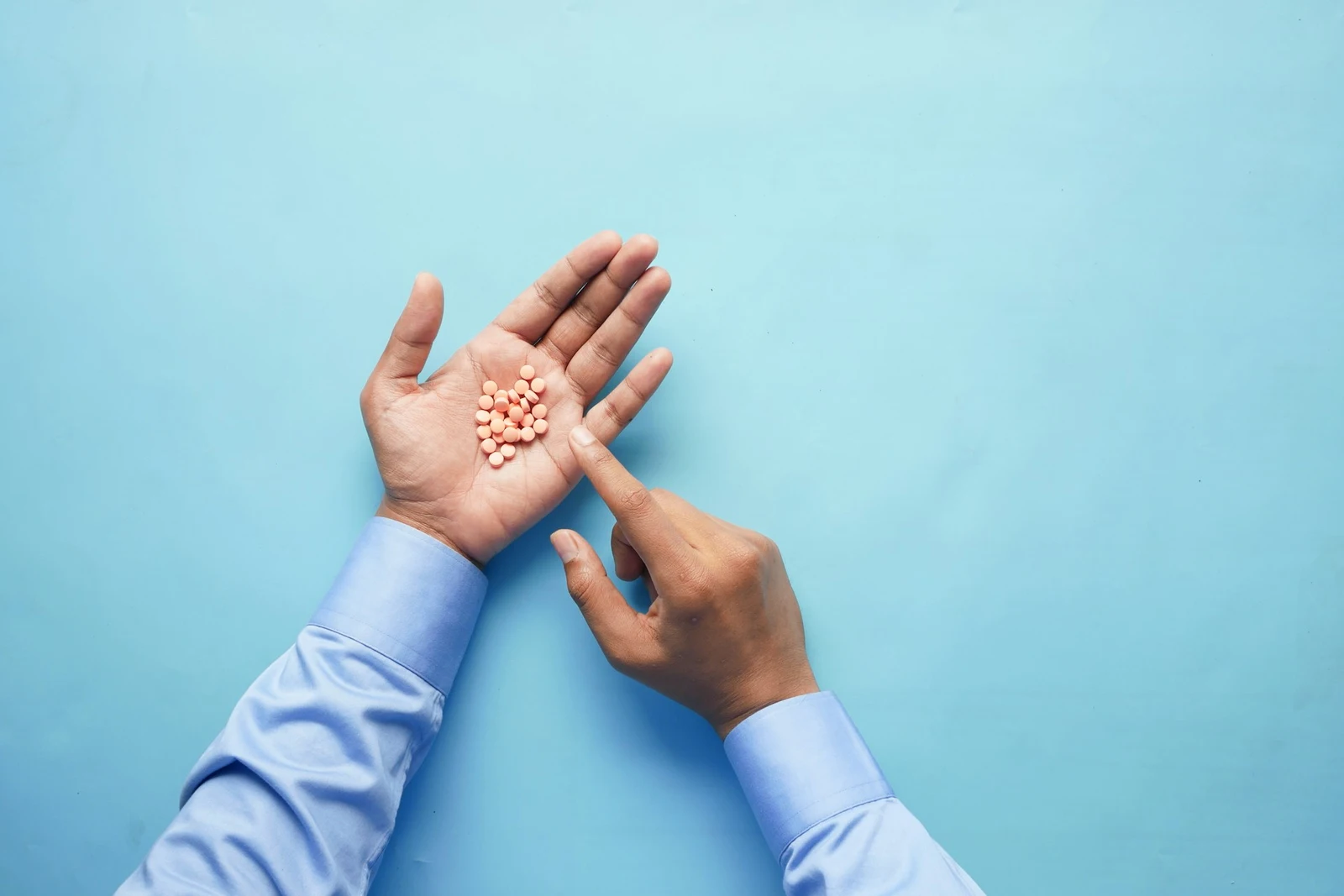Is Gabapentin Addictive? Understanding Gabapentin Abuse Potential

What you will learn
- Gabapentin is a prescription medication used to treat certain types of seizures and nerve pain.
- Gabapentin is generally considered safe with a low addictive potential, but it can be misused or abused recreationally for its effects.
- In high doses or combined with other drugs, gabapentin can be misused recreationally.
- Gabapentin may be misused alongside other drugs, which can carry risks like overdose.
Gabapentin is a prescription drug that’s used to treat certain types of nerve pain and seizure disorders, as well as off-label for other types of chronic pain. Generally, gabapentin is not considered a drug of abuse. It has low addictive potential, but there have been instances of misuse or abuse – particularly with other drugs – and that can have serious risks.
What Is Gabapentin?
Gabapentin is a prescription drug that’s used to treat seizure pain and nerve pain associated with some conditions. It started as an anticonvulsant medication to treat epilepsy, but it’s now used for other types of chronic pain, such as nerve-related (neuropathic) pain associated with conditions like shingles.[1] Sometimes, gabapentin is prescribed off-label for conditions like anxiety, bipolar disorder, and restless leg syndrome.
The mechanism of action of gabapentin isn’t well understood, but it’s believed to influence electrical activity in the brain and it has a similar structure to gamma-aminobutyric acid (GABA).[2] Though it doesn’t act on the GABA receptors directly, it may relieve the excitability of nerve cells that can alleviate seizure activity and nerve pain.
Effects of Gabapentin
Gabapentin can cause drowsiness, dizziness, and poor coordination, especially when you first start taking it.[3] These are common side effects, but they usually subside as your body adjusts to the drug. It’s important to avoid dangerous activities that require alertness, such as driving, until you know how this drug affects you.
In high doses, gabapentin can cause more intense effects, such as irritability, anger, excitability, anxiety, and reckless behavior.[4] Suicidal thoughts or actions can occur with gabapentin, but they’re rare.
Gabapentin can have other side effects, including:[5]
- Weakness
- Uncontrollable eye movements
- Uncontrollable shaking
- Poor memory
- Headache
- Dry mouth
- Nausea
- Vomiting
- Increased appetite
- Flu-like symptoms
- Heartburn
- Ear, back, or joint pain
Is Gabapentin Addictive?
Gabapentin is not a controlled substance on the federal level, the same way many prescription or illicit drugs are, such as heroin or benzodiazepines. However, some states have classified gabapentin as a Schedule V controlled substance because of its risks.
Since it hit the market, gabapentin has been seen as a drug that’s safe from an abuse or addictive perspective. The drug wasn’t regarded as having a potential for misuse, abuse, or addiction. However, more and more research is revealing the risk for misuse, especially when it’s taken in high doses, more frequent doses, or in combination with other drugs like alcohol or opioids.[6]
Many possible effects lead people to misuse or abuse gabapentin, such as a better mood, euphoria (a high), dissociation, heavy sedation, or a feeling like being intoxicated with alcohol.[7] Gabapentin can lower inhibitions and make people more social so that it can be taken for that reason.
With polydrug use – or polysubstance use – gabapentin may be combined with substances like alcohol, opioids, stimulants, benzodiazepines, or marijuana to get unique effects. There are many motivations behind polydrug use, including self-medicating the symptoms of anxiety or depression, getting a greater high, creating unpredictable effects, or managing withdrawal from other drugs. When combined with other drugs, particularly drugs that depress the central nervous system like alcohol or benzos, it can lead to severely depressed breathing and possible death.[8]
Signs of Gabapentin Misuse and Abuse

The signs of a gabapentin misuse or abuse are similar to other drugs, including:[9]
- Taking gabapentin in higher doses or more often than prescribed
- Lying to doctors or visiting multiple doctors to get gabapentin prescriptions
- Stealing prescriptions
Though it may start with misuse to alleviate pain or self-medicate symptoms, gabapentin misuse can become abuse or addiction with compulsive, uncontrollable behaviors. This is common with substance use disorders, such as opioid use disorder or alcohol use disorder, and is known as addiction. The general criteria for a substance use disorder include:[10]
- Using gabapentin in higher doses or more often than prescribed
- Unsuccessful attempts to stop using gabapentin or reduce dosage
- Spending an exorbitant amount of time obtaining, using, or recovering from gabapentin
- Experiencing strong cravings for gabapentin
- Failing to fulfill responsibilities to work, home, school, or family because of gabapentin use
- Giving up activities once enjoyed because of gabapentin use
- Continuing to use gabapentin despite the problems it causes
- Using gabapentin in situations where it can be dangerous, such as driving while drowsy from the drug
Gabapentin Withdrawal
Gabapentin can cause dependence with prolonged use, which means your body has become accustomed to the presence of the drug and needs it to function. This can be a component of addiction, but it’s not an addiction on its own.
If gabapentin dependence occurs, you may experience withdrawal symptoms if you stop taking it suddenly or dramatically reduce your dosage.
Some of the symptoms of gabapentin withdrawal include:[11]
- Sleep troubles
- Agitation
- Anxiety
- Disorientation
- Nausea
- Pain
- Confusion
- Rapid heartbeat
- New or worsening seizures
It’s important not to stop taking gabapentin without speaking to your doctor. Usually, a taper schedule is recommended to gradually wean your body off the drug and reduce the symptoms of withdrawal. You shouldn’t try to taper your dose by yourself. Talk to your doctor about how to stop taking gabapentin safely.
Gabapentin Overdose
One of the risks of gabapentin misuse or abuse is overdose. While this can occur from the drug itself, the risks are increased if you combine gabapentin with other drugs – particularly other depressants or sedatives. The symptoms can include excessive tiredness, slurred speech, severe drowsiness, diarrhea, and double vision, as well as breathing that’s slowed to fatal levels.
Most gabapentin overdoses involve opioids from polydrug use. This significantly increases the risk of fatal overdose from severe central nervous system depression. This is also true of other CNS depressants like alcohol, benzodiazepines, and Z drugs like prescription sleeping pills.
How Is Gabapentin Misuse or Abuse Treated?
Gabapentin isn’t considered an addictive drug the same way as illicit drugs like cocaine or prescription drugs like fentanyl. However, it’s possible to misuse or abuse gabapentin, which can have dangerous effects.
If you’re struggling to control gabapentin use, don’t try to quit cold turkey. If you do, you may experience intense and potentially dangerous withdrawal symptoms – especially with polydrug use. Depending on how long you’ve been taking gabapentin, the dose, and other drugs involved, you may need to undergo medical detox to stop taking gabapentin safely. This environment provides a medical team to monitor your health, administer medications as needed, and prevent complications related to withdrawal.
Detox isn’t enough on its own, however. There’s a psychological component to drug abuse that needs to be addressed with therapy in an addiction treatment program. This may include individual therapy, group therapy, peer support groups, holistic therapies, or behavioral therapies on an inpatient or outpatient basis to help you learn to live without drugs.
Be Responsible with Gabapentin Use
Gabapentin is considered a safe drug to treat seizures and pain, but there is some risk of misuse or abuse – either on its own or with other drugs of abuse. Doing so can increase the risk of serious side effects, overdose, and possible complications.
Ready to get help for you or a loved one? Contact us
To ensure accuracy and quality, every contributor to the Alpas Wellness resource library undergoes a thorough evaluation of their experience, credentials, and achievements prior to publication.
Frequently Asked Questions About Gabapentin Addiction
Does Gabapentin Get You High?
When taken as prescribed, gabapentin isn’t associated with euphoria. It causes relaxation and drowsiness in many people, but you may experience euphoria, dissociation, reduced inhibitions, and other effects at high doses or with other drugs.
Is Gabapentin a Benzodiazepine?
No, gabapentin is in the anticonvulsant drug class, not the benzodiazepine drug class. Though both of these drugs can treat seizures, they work differently. Gabapentin also has a lower risk of misuse or abuse compared to benzodiazepines.
Is Gabapentin Dangerous?
In general, no, gabapentin isn’t dangerous when it’s taken as prescribed. However, misusing gabapentin can have serious risks like overdose, severe respiratory depression, and more. Misusing or abusing gabapentin also builds dependence faster, leading to intense withdrawal symptoms if you stop taking it suddenly.
[1] Gabapentin: Uses, dosage, side effects, warnings. Drugs.com. (n.d.-b). Retrieved from https://www.drugs.com/gabapentin.html on 2025, March 1.
[2] NHS. (n.d.). NHS choices. Retrieved from https://www.nhs.uk/medicines/gabapentin/about-gabapentin/#:~:text=About%20gabapentin%20Brand%20name%3A%20Neurontin&text=In%20epilepsy%2C%20it’s%20thought%20that,brain%20and%20down%20the%20spine on 2025, March 1.
[3,4,5] How does gabapentin make you feel?. Drugs.com. (n.d.-c). Retrieved from https://www.drugs.com/medical-answers/gabapentin-make-you-feel-3561227/ on 2025, March 1.
[6] Smith, R. V., Havens, J. R., & Walsh, S. L. (2016). Smith, R.V., Havens, J.R., & Walsh, S.L. Gabapentin misuse, abuse, and diversion: A systematic review. . . Gabapentin misuse, abuse, and diversion: A systematic review. Retrieved from https://pmc.ncbi.nlm.nih.gov/articles/PMC5573873/pdf/nihms755162.pdf on 2025, March 1.
[7] Vestal, C. (2018, May 10). Abuse of opioid alternative gabapentin is on the rise • stateline. Stateline. Retrieved from https://stateline.org/2018/05/10/abuse-of-opioid-alternative-gabapentin-is-on-the-rise/ on 2025, March 1.
[8] Gabapentin: Uses, dosage, side effects, warnings. Drugs.com. (n.d.-b). Retrieved from https://www.drugs.com/gabapentin.html on 2025, March 1.
[9] Smith, R. V., Havens, J. R., & Walsh, S. L. (2016). Smith, R.V., Havens, J.R., & Walsh, S.L. Gabapentin misuse, abuse, and diversion: A systematic review. . . Gabapentin misuse, abuse, and diversion: A systematic review. Retrieved from https://pmc.ncbi.nlm.nih.gov/articles/PMC5573873/pdf/nihms755162.pdf on 2025, March 1.
[10] Welcome. (n.d.). Retrieved from https://webcampus.med.drexel.edu/nida/module_2/content/5_0_AbuseOrDependence.htm on 2025, March 1.
[11] How long does gabapentin withdrawal last?. Drugs.com. (n.d.-d). Retrieved from https://www.drugs.com/medical-answers/long-gabapentin-withdrawal-3554130/ on 2025, March 1.